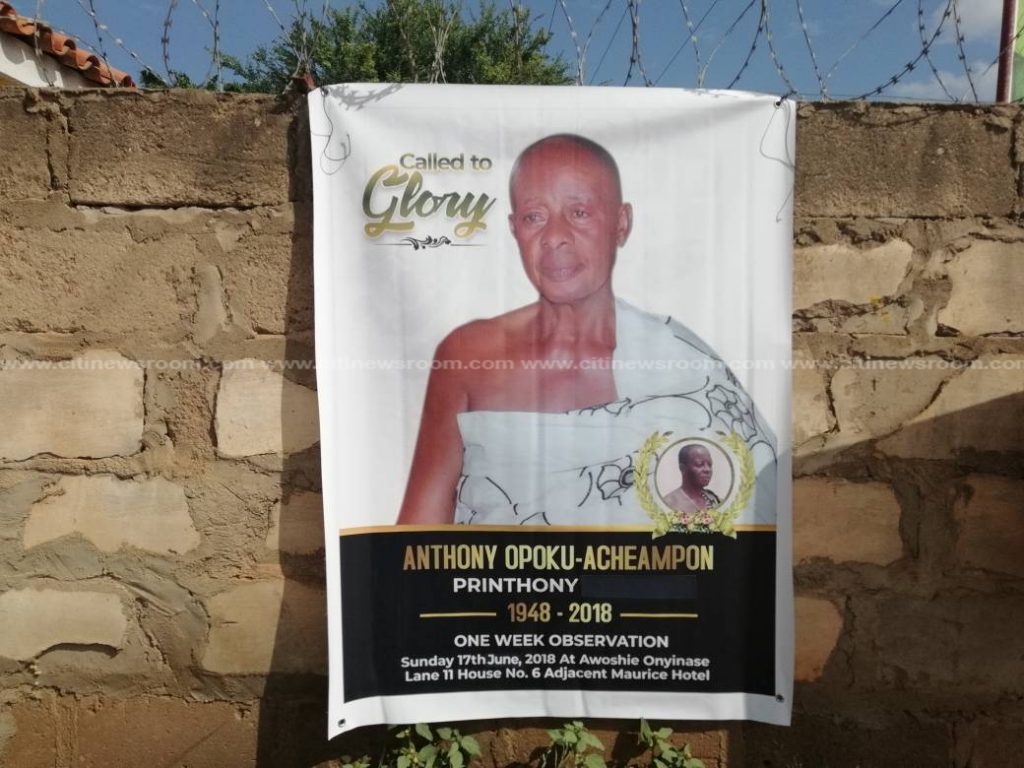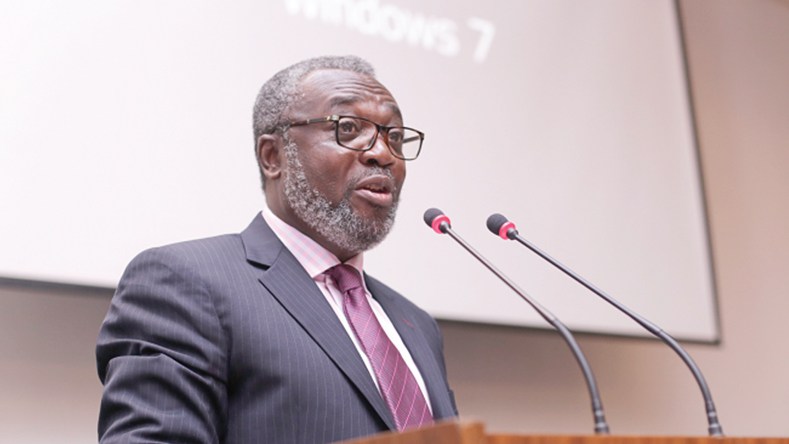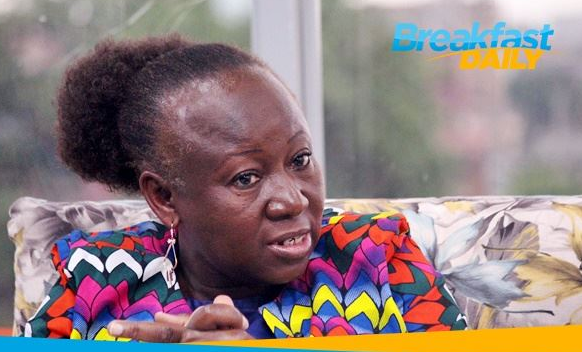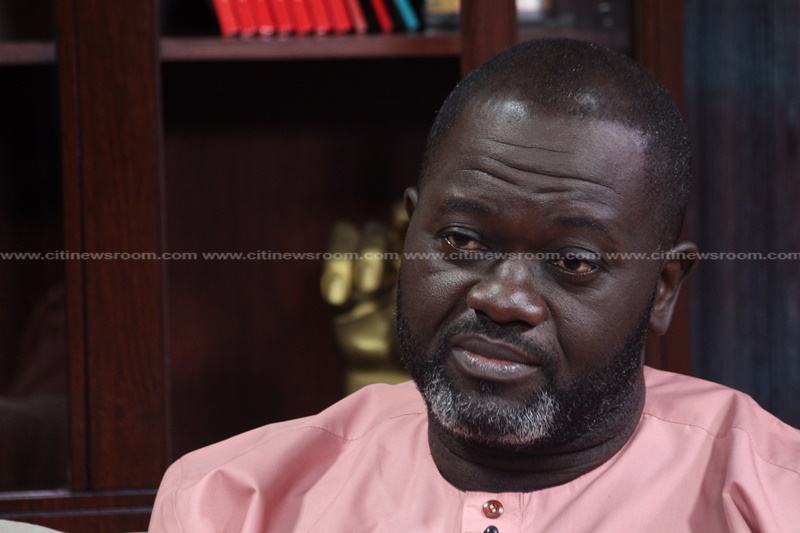Professor of Public Health at the College of Physicians and Surgeons, Professor Irene Agyapong, has strongly opposed suggestions that turning away patients due to the no-bed syndrome in hospitals should be criminalized.
The Speaker of Parliament, Prof Mike Oquaye last Tuesday referred the matter of the no-bed syndrome to a joint committee on health and constitutional affairs, charging them to come up with broad policy guidelines and legal regime to resolve the challenge.
[contextly_sidebar id=”Pq3G9m27EPDnuBFElxsh8gRQW5FCIT0e”]He suggested that the offense of turning away patients over lack of bed should be criminalized to serve as a deterrent against the practice, but Prof. Agyapong believes this would only breed a culture of secrecy in the health sector.
Speaking on Citi TV’s Breakfast Daily, Prof. Agyapong cited instances where some hospitals covered up cases after realizing they were being monitored.
“It comes back to finding a way of getting at the truth. If people feel they are going to be criminalized, they will hide information. For instance, we were trying to stop maternal deaths, so we were using a ranking system and we noticed that at some facilities when they notice that a woman is going to die, they quickly push them on because they want to look good,” the Professor argued.
‘No bed syndrome’
The death of the 70-year-old has generated a public discussion on what has been described as the “no bed syndrome.”
The deceased’s family started searching for a hospital for him at 11:00 pm on June 2, travelling for about 46 kilometres in total, across the seven hospitals, till he eventually died at around 3:30 am.

The first hospital Prince Anthony Opoku-Acheampong and his family went to before he died was a private facility, C&J Medicare Hospital.
Over there, a nurse confirmed that Prince Anthony needed to be hospitalized after a brief assessment, but said the hospital could not cater for them.
From there, the family moved on to the Korle Bu Polyclinic, Ridge Hospital, Police Hospital, the Trust Hospital, the La Polyclinic, before finally arriving at the LEKMA Hospital at Teshie, where he eventually died.
GHS vows to tackle no bed syndrome
The Ghana Health Service Director-General, Dr. Anthony Nsiah-Asare has since stated the Service will set up an investigative Committee to probe the incident.
The tragic death was a failure of the emergency healthcare system, he said.

“We will get to the depth of this issue and make sure this doesn’t happen again in this country of ours,” Dr. Anthony Nsiah-Asare assured on the Citi Breakfast Show.
A number of Ghanaians have over the years given accounts similar to the incident that led to Prince Anthony Opoku-Acheampong’s death.
But Dr. Nsiah-Asare said this latest death could be the last if adequately addressed.
“This is going to be used as something which we are going to use as a springboard to stop this once and for all… Under no circumstance should an emergency case enter any place and you say that there is no bed so the patient should remain in the car. It doesn’t happen anywhere” he stated.
–
By: Marian Ansah/citinewsroom.com/Ghana











